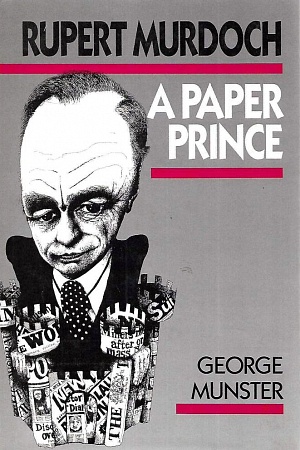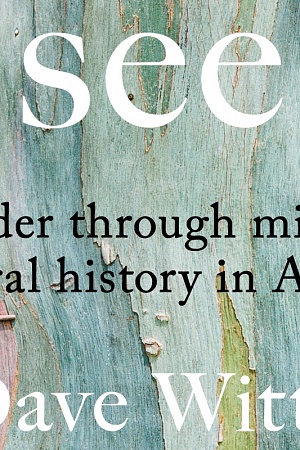The Pursuit of Europe: A history
Oxford University Press, £25 hb, 429 pp
The concert of Europe
Histories of the origins of the idea of ‘Europe’ have probed the legacies of the Roman Empire, the concept of western Christendom, and the power of the ‘republic of letters’ in the dissemination of ‘Enlightenment’ ideas, culminating in the cosmopolitanism of the early years of the French Revolution. Anthony Pagden is well aware of this heritage but has decided to begin his own study with Napoleon. It seems a strange choice, since the emperor’s European dream was always of a French imperium, whatever the toll in lives; but it does serve to highlight the later triumph of the European Union in securing continental peace. The Napoleonic wars of 1799–1815 cost at least four million lives, World War I twenty million, and World War II eighteen million in Europe alone. After 1799, France was invaded by Prussian or German armies five times: in 1813, 1815, 1870–71, 1914–18, and 1940–44. Somehow, a Franco-German entente after 1945 and incremental expansion of EU membership have since created a supranational structure, now of twenty-seven members, and a continent largely free of international warfare for nearly eighty years.
Continue reading for only $10 per month. Subscribe and gain full access to Australian Book Review. Already a subscriber? Sign in. If you need assistance, feel free to contact us.














Leave a comment
If you are an ABR subscriber, you will need to sign in to post a comment.
If you have forgotten your sign in details, or if you receive an error message when trying to submit your comment, please email your comment (and the name of the article to which it relates) to ABR Comments. We will review your comment and, subject to approval, we will post it under your name.
Please note that all comments must be approved by ABR and comply with our Terms & Conditions.